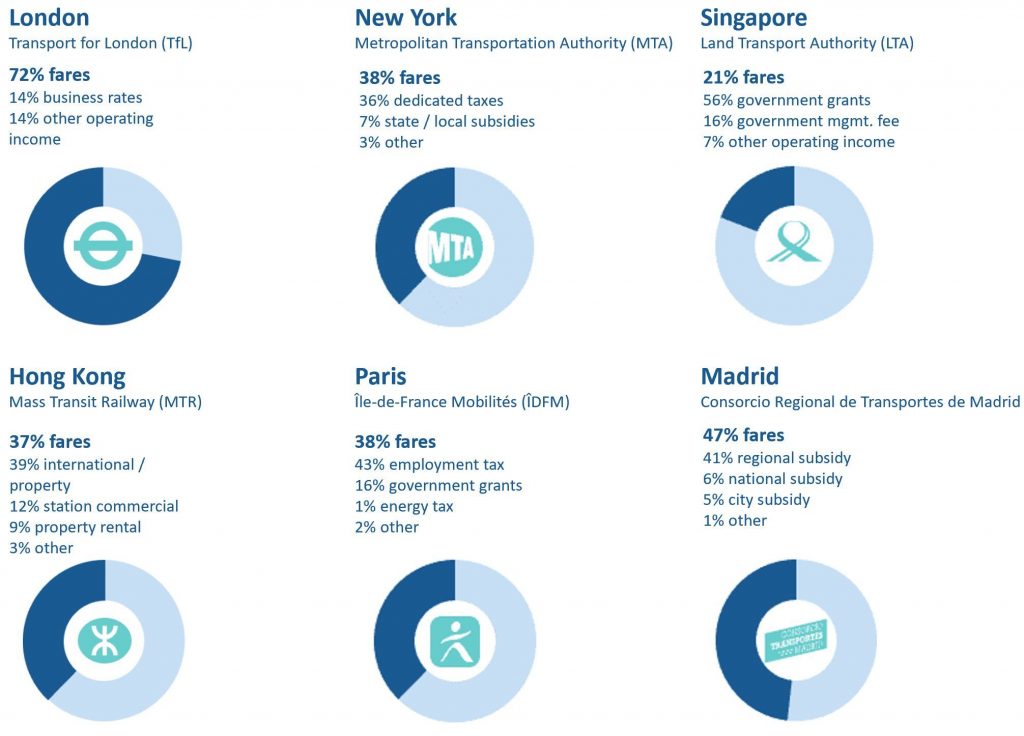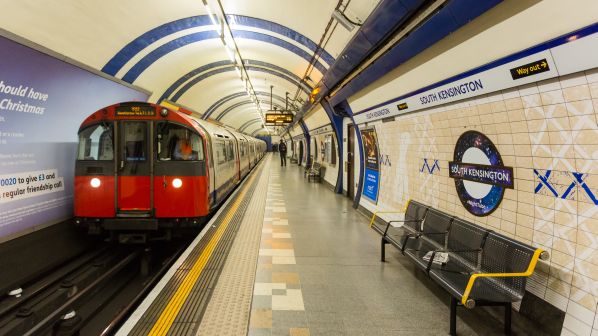TfL says that the funds are necessary to maintain operation of its rail and bus networks until the end of March 2022, due to government-imposed measures intended to control the spread of Covid-19, which it says will continue to suppress passenger numbers.
This would include £1.83bn for the operation until March 2021, and a further £2.94bn until the end of the 2022 financial year.
The funds would support:
- the continued full operation of the city’s Underground, bus and commuter rail networks
- the completion of work on the Northern Line extension and Barking Riverside London Overground extension
- the maintenance of infrastructure including bridges, tunnels and roads
- infrastructure projects including signalling upgrades, improved accessibility and new stations on the Underground, and
- the replacement of ageing metro fleets - some on the Bakerloo and Piccadilly lines are almost 50 years old.
TfL says that it also requires another £750m to cover further costs incurred for the completion of Elizabeth Line, which will now not open until the first half of 2022.
London Mayor Mr Sadiq Khan, in his role as chair of Transport for London (TfL), submitted the request as part of the Treasury’s three-year Comprehensive Spending Review (CSR), which reassesses spending for government departments. Negotiations are currently underway for TfL funding until the end of the 2022 financial year.
“Transport operators across the world have been hit harder than ever as a result of passengers following advice and staying home during the pandemic,” Khan says. “TfL is no exception, and further borrowing is not a viable solution.”

Khan says that without sufficient government support, TfL’s “vital infrastructure” would deteriorate, potentially stalling the city’s economic recovery by deterring investors, and potentially resulting in “hundreds of millions of pounds wasted” on avoidable deterioration of infrastructure.
TfL also warns that if insufficient funding is obtained, services may be reduced or suspended, and ongoing attempts to implement environmentally friendly improvements may be cancelled.
TfL previously received a £1.6bn bailout in May following a 95% reduction in journeys on London Underground services caused by the economic impact of coronavirus lockdown measures. However, this support package is scheduled to expire on October 17.
Following the removal of government operating grants in 2015, TfL is now overwhelmingly reliant on passenger income, with approximately 72% of total income being acquired through fares. This compares with 47% for Madrid Metro, and 38% for the New York Subway and Paris metro.
Before the pandemic, TfL reduced expenditure across its network by around £1bn since 2016, with the operating deficit for 2020 originally forecast to be £200m for the end of the 2019-20 financial year, compared with a deficit of £1.5bn for the 2015-16 financial year. In addition, TfL previously estimated that it would have reached an operating surplus of £58m by 2022-23. TfL also says it had built up reserve funds of £2bn, up 31% compared with 2015-16.

